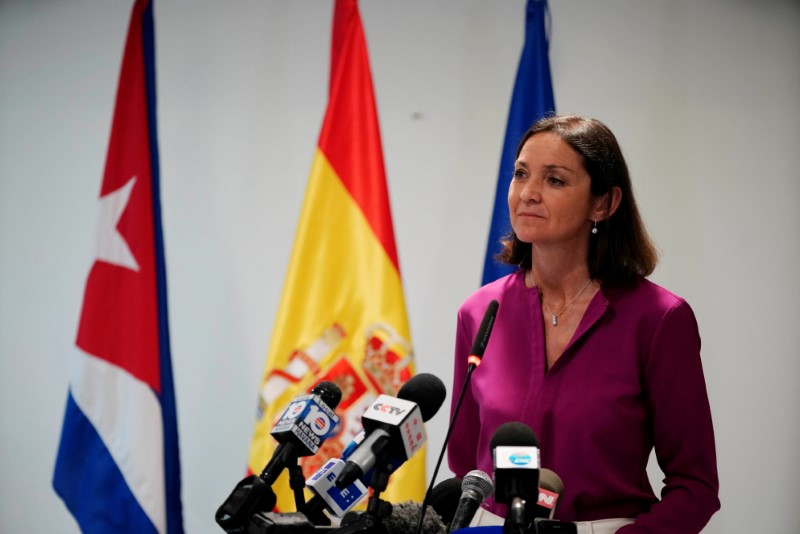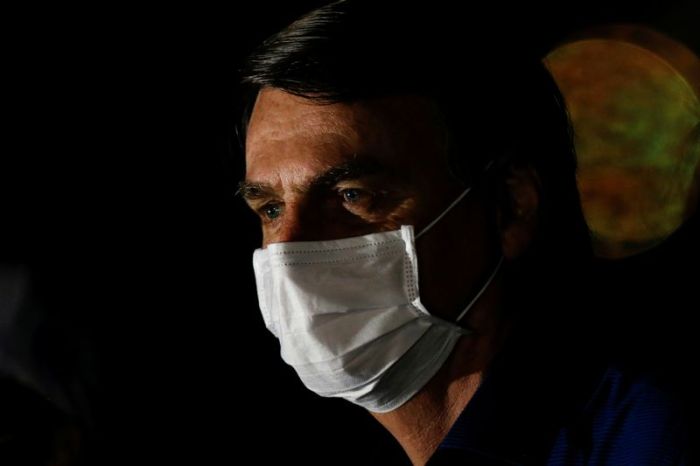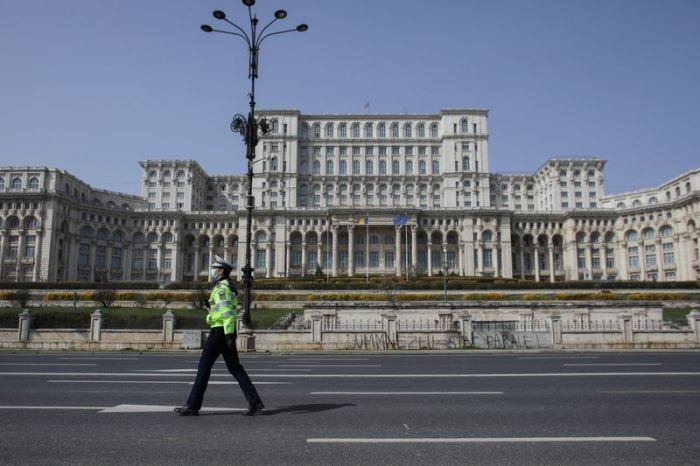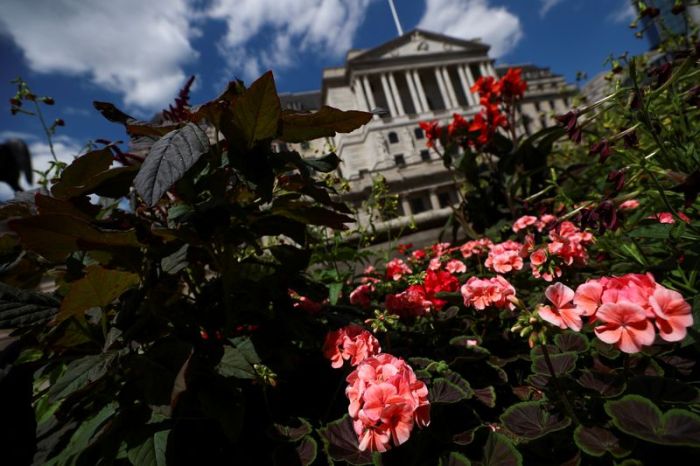MADRID (Reuters) – Spanish Tourism Minister Reyes Maroto said on Wednesday a resurgence in coronavirus cases in Catalonia was coming under control and she hoped there would be no need for France to close the border.
With the pandemic wreaking havoc on Spain’s tourism industry, which accounts for about 12% of economic output, Madrid has voiced concern after French Prime Minister Jean Castex on Sunday did not rule out closing the border.
But Maroto told an event organised by Europa Press news agency she was optimstic after data showed infections in Catalonia had fallen over the past three days.
“Let’s hope that with this better data we don’t have to close a border that for us is very important for mobility with our European partners.”
The wealthy northeastern region, which borders France, has been at the heart of a rebound in coronavirus cases since Spain lifted a nationwide lockdown one month ago
Nearly 7,000 cases have been logged there in the past 14 days, nearly half the nationwide total, though the rate has dropped sharply in the past days.
Catalonia registered 63 new cases on Tuesday, 70 on Monday and 994 on Sunday, down from a peak of 1,226 on Saturday.
Regional capital Barcelona cut the number of people allowed onto the city’s beaches after crowds formed over the weekend despite advice to stay home.
However, Catalan leader Quim Torra ruled out returning to a strict lockdown, telling the regional parliament: “Catalonia can’t be closed.”
Elsewhere, Madrid’s regional government said it could make face masks compulsory in all situations, even when social distance can be guaranteed, unless the central government imposed stricter controls on arrivals at the capital’s Barajas airport.
“If the health ministry assumes its responsibilities…we can continue with the measures taken until now,” deputy regional leader Ignacio Aguado said.
Madrid and the Canary Islands are the only Spanish regions that do not already have such a rule.
Health Minister Salvador Illa told parliament there were 224 active coronavirus clusters in Spain, mostly linked to parties, family events and fruit harvesting.
The total death toll in Spain from the epidemic is 28,424 people, with more than 266,000 confirmed cases.
(Reporting by Emma Pinedo; Additional reporting by Joan Faus, Paola Luelmo and Jose Elias Rodriguez; Writing by Ingrid Melander and Nathan Allen; Editing by Angus MacSwan)


























